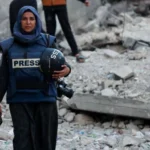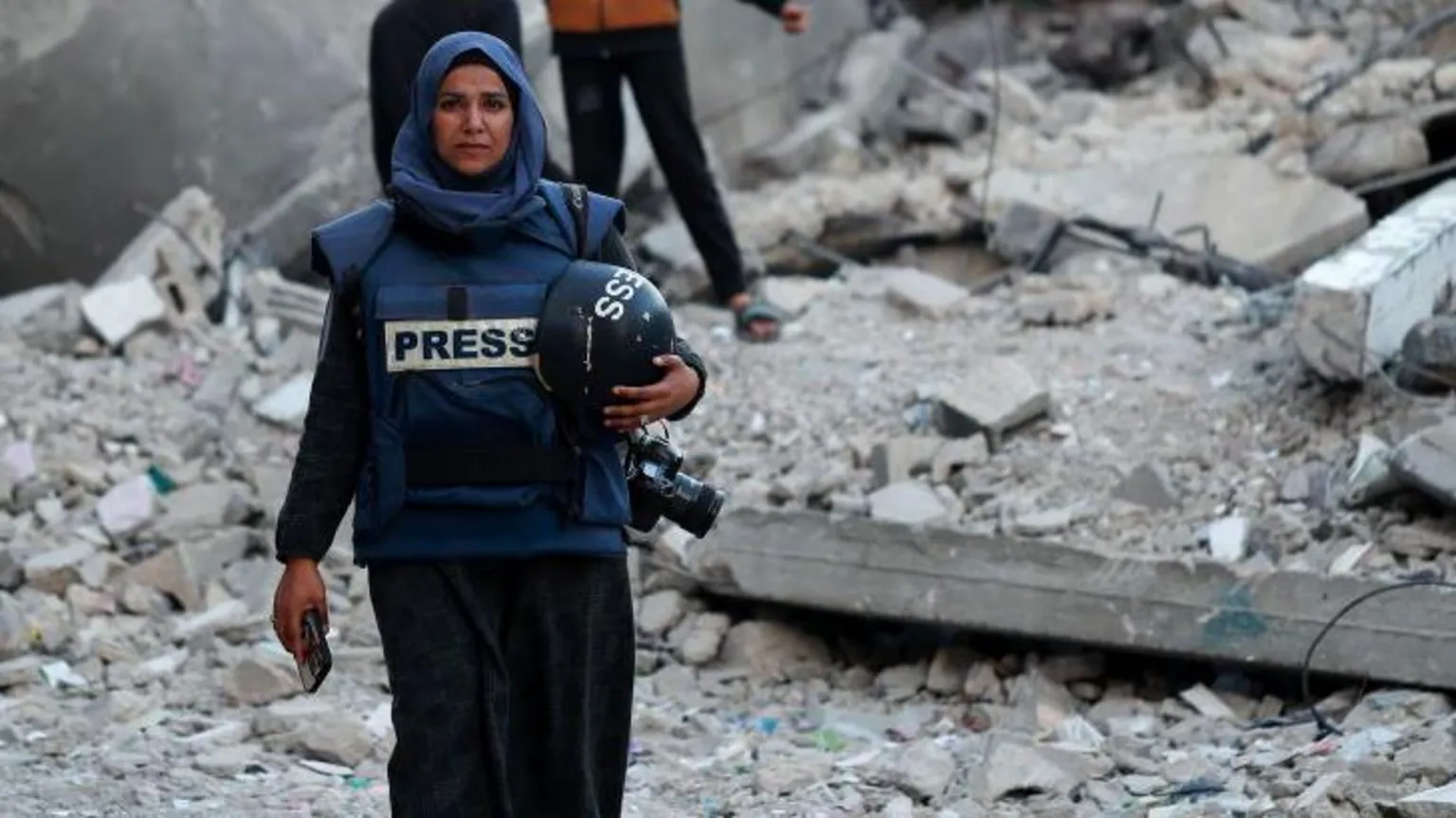NGOs. After ceasing operations entirely, several aid organizations restored some operations in January 2023 after they received assurances from Taliban authorities that women would be allowed to work in delineated areas such as health and nutrition.
More horrifying than what we know of the situation of Afghan women and girls is the realization that the information available publicly is likely to be the tip of the iceberg, given the crackdown on journalists writing about Taliban violations, the near impossibility of carrying out documentation efforts, and security challenges in accessing marginalized and rural communities in Afghanistan. We have also yet to fully understand how violence and violations are being committed against women with intersecting marginalized identities and against other communities, including those from the long-persecuted Hazara ethnic minority, members of the LGBTI+ communities, and persons with disabilities.
Efforts to clear a path to accountability, including for a possible charge of gender persecution, are slowly taking shape. On October 31, 2022, Pre-Trial Chamber II of the International Criminal Court authorized the Prosecution to resume investigation into the Afghanistan Situation. Chief Prosecutor, Karim Khan, indicated that his Office’s investigation would focus on crimes allegedly committed by the Taliban and the Islamic State – Khorasan Province, “which include allegations of indiscriminate attacks on civilians, targeted extrajudicial executions, persecution of women and girls, crimes against children and other crimes affecting the civilian population at large.” As members of the Taliban government begin to move more freely outside of Afghanistan’s borders, there are also increasing pushes from the Afghan diaspora for states to arrest and try members of the Taliban, under the principle of universal jurisdiction. What is clear, however, is that far greater resources will need to be made available for any measure of accountability for crimes against Afghans, and to end the persecution of Afghan women and girls.
Stripped of their rights and under constant threat of violence, Afghan women and girls are standing up for their rights. Far more is owed to them by the international community than our outrage.
Sareta Ashraph is a senior legal consultant with the Simon-Skjodt Center for the Prevention of Genocide.



